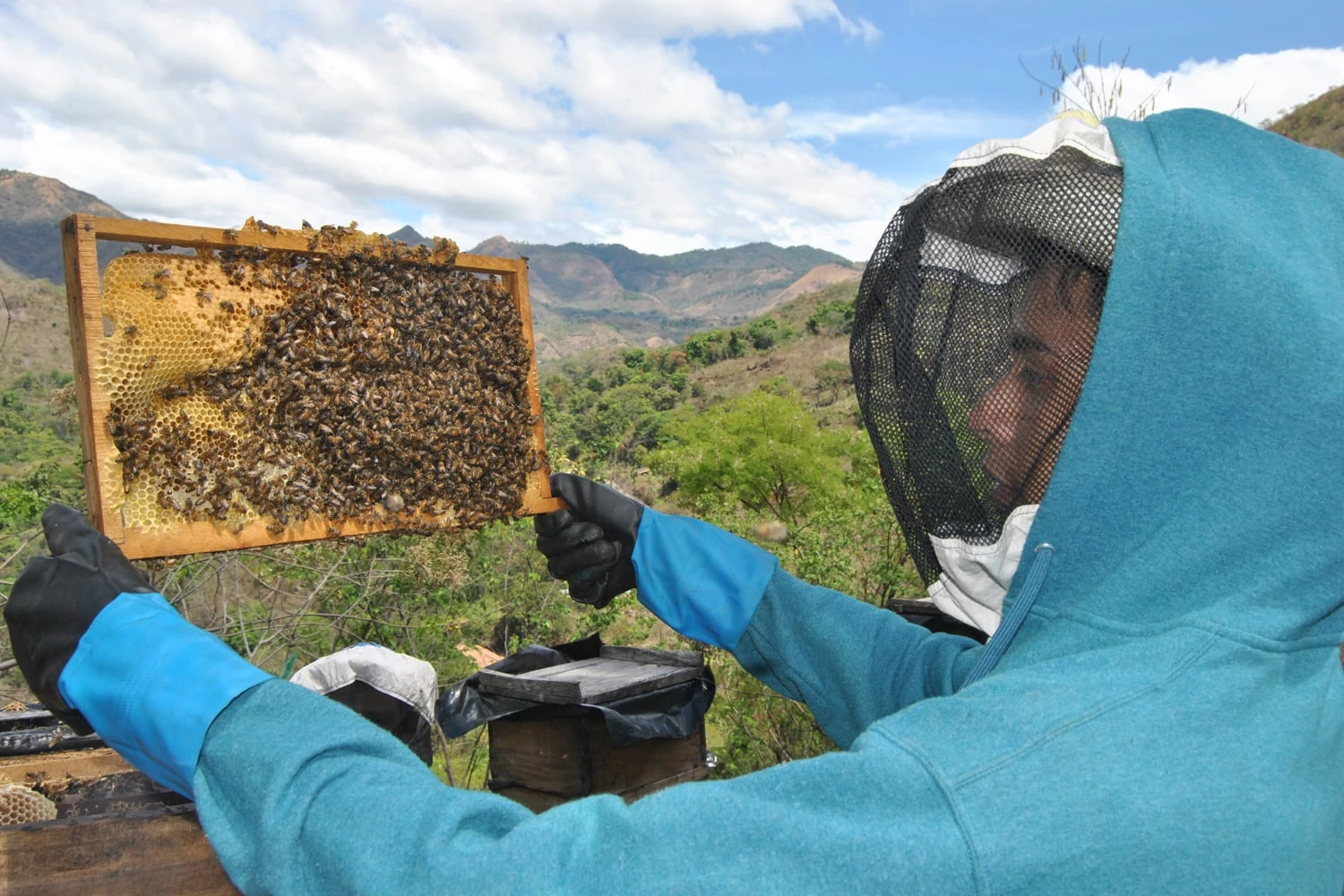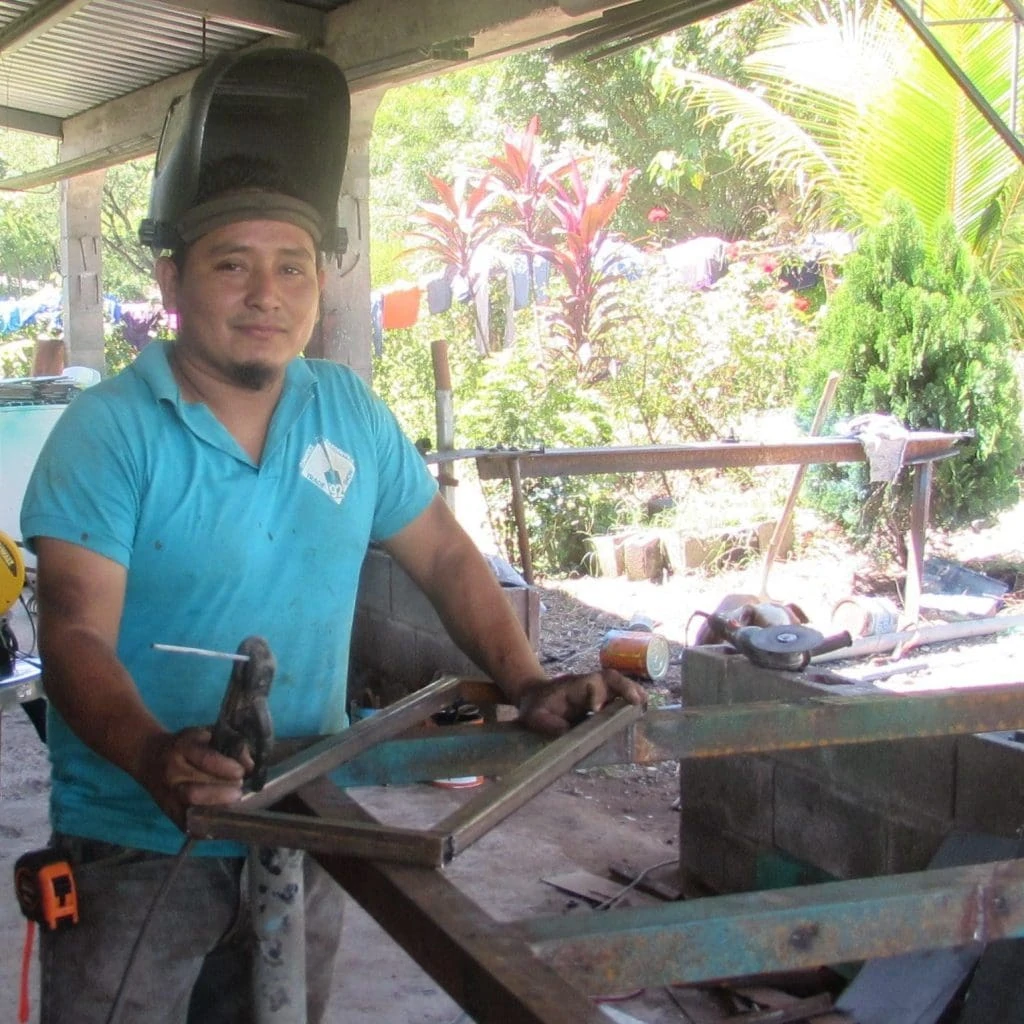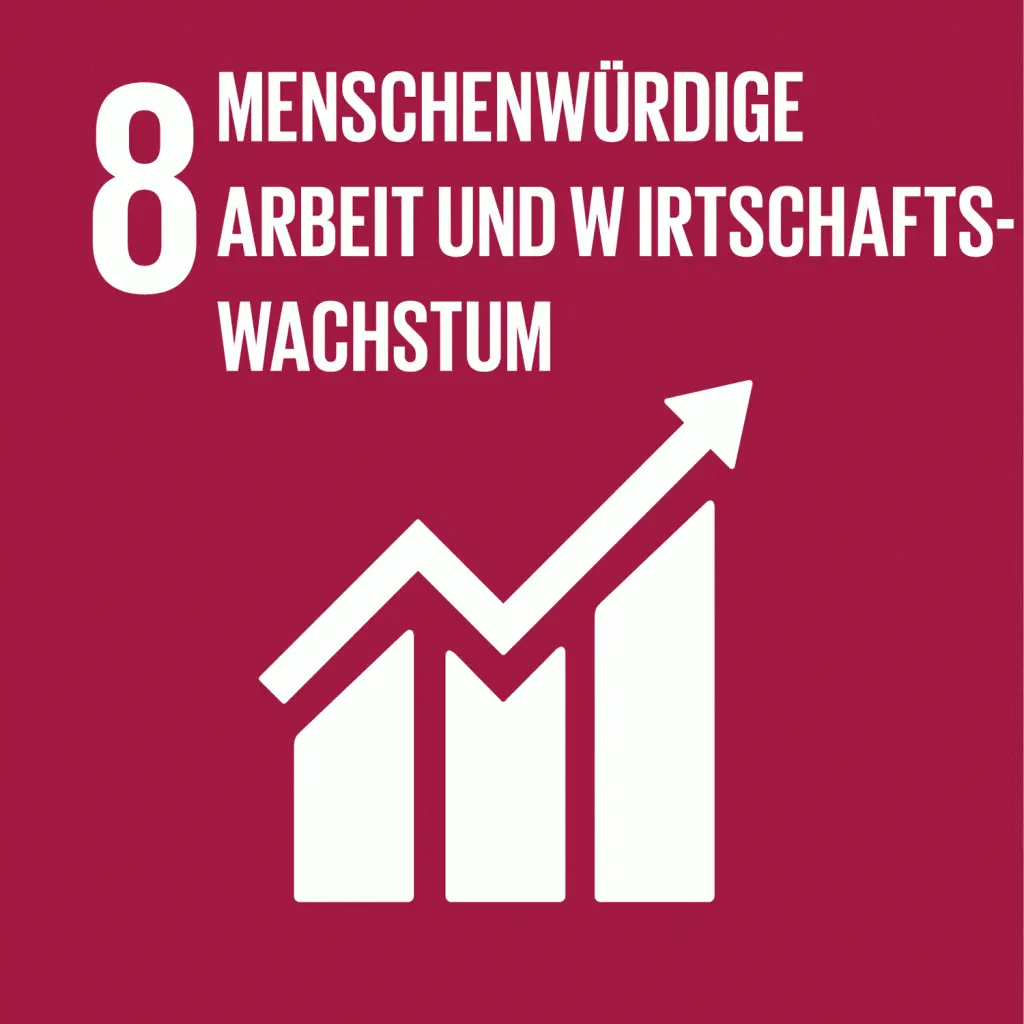Vocational training
Lower barriers to training

The International Labour Organisation (ILO) has analysed the transition from school to working life in more than 30 developing countries and concludes If you are young and also female, it is difficult to find a good job (Report Jan 2016). There are several reasons for this.
Young people have to work in the fields and in the household
Young women and men need the consent of their legal guardians to attend school or to participate in training. They need the young people's labour in agriculture or in the household and in caring for their siblings. Some young people work more than 40 hours a week exclusively for the family. The International Labour Organisation (ILO) criticises these conditions and demands, among other things, the right to education for these young people.

The way to school is unsafe and school is too expensive
The way to school is unsafe for girls and young women. There is a risk that they will be abused and thus become pregnant. Even attending primary school carries a risk for girls, so that they stay at home and often do not reach the first level of education. The parents of young people, especially in rural areas, are often unable to provide the financial means for transport, food or school fees to enable their children to attend a secondary school or vocational centre.
terre des hommes schweiz improves the conditions for young people, especially girls:
- In a first step, the young people's self-confidence is strengthened: if they have experienced violence or live in isolation, they are given psychological and social support until they can once again actively participate in life and the community with other young people.
- If necessary, they can improve their level of schooling through additional tutoring. This is a prerequisite for later successful professional training.
Young people develop ideas for a profession and get to know the job market. Internships, craft activities and preliminary courses strengthen technical and craft skills and give them the opportunity to find their bearings. This increases their chances of being accepted into a state training centre. - The parents are involved in this process. This ensures that the young people receive support from their parents in their future education.
terre des hommes schweiz provides young people with qualified vocational training:
- Young people are placed at state training centres, where they receive official certificates upon completion.
- Young people are placed in craft enterprises and accompanied during their training. This ensures the quality of the training in the company.
- Young people receive technical and entrepreneurial training (accounting, cost and profitability accounting, market analysis, etc.) for the creation of small businesses.
- Young people are given a contact person for questions and difficult situations during the training period.
terre des hommes schweiz accompanies the young people in their analysis and integration into the labour market:
- Together with the young people, the labour market is analysed even before the apprenticeship and opportunities for employment or the establishment of a small business are sought.
- Training centres will be supported in order to improve the integration of young people into the labour market.
- Young people are also accompanied in the time after the training. They take part in activities with other young people and can exchange their experiences.
Example projects vocational training
Handicraft courses for children and young people - Partner organisation Centro Aberto de Jesus in Mozambique
Psychological and social support for children and young people affected by HIV/AIDS - Partner organization Osamuliza in Mozambique

Agenda 2030 - Development Goal 8
This part of the project work relates to the fulfilment of sustainable development goal 8 of Agenda 2030 (UNO).
The content of the target:
"Promote sustained, broad-based and sustainable economic growth, full and productive employment and decent work for all".
Desk


061 338 91 49 | andreas.hugentobler(at)terredeshommes.ch

